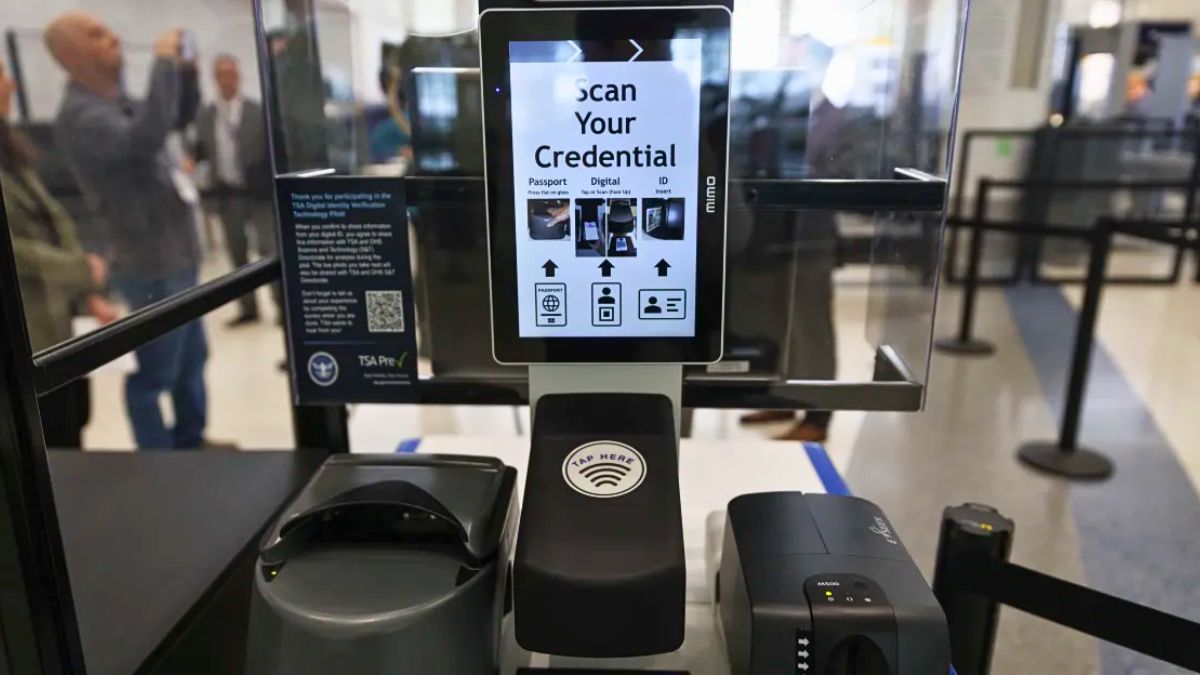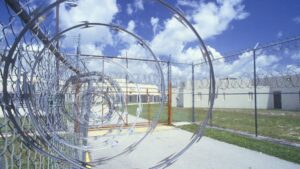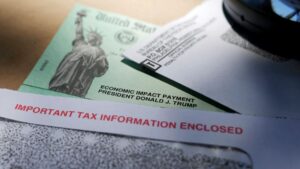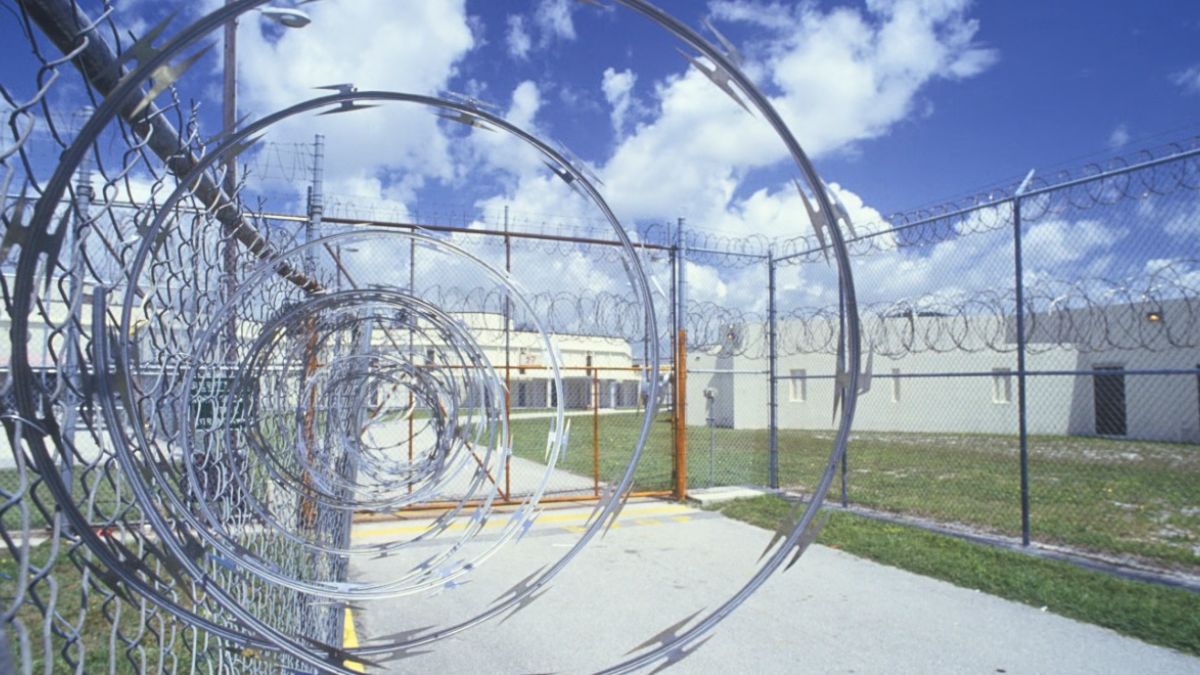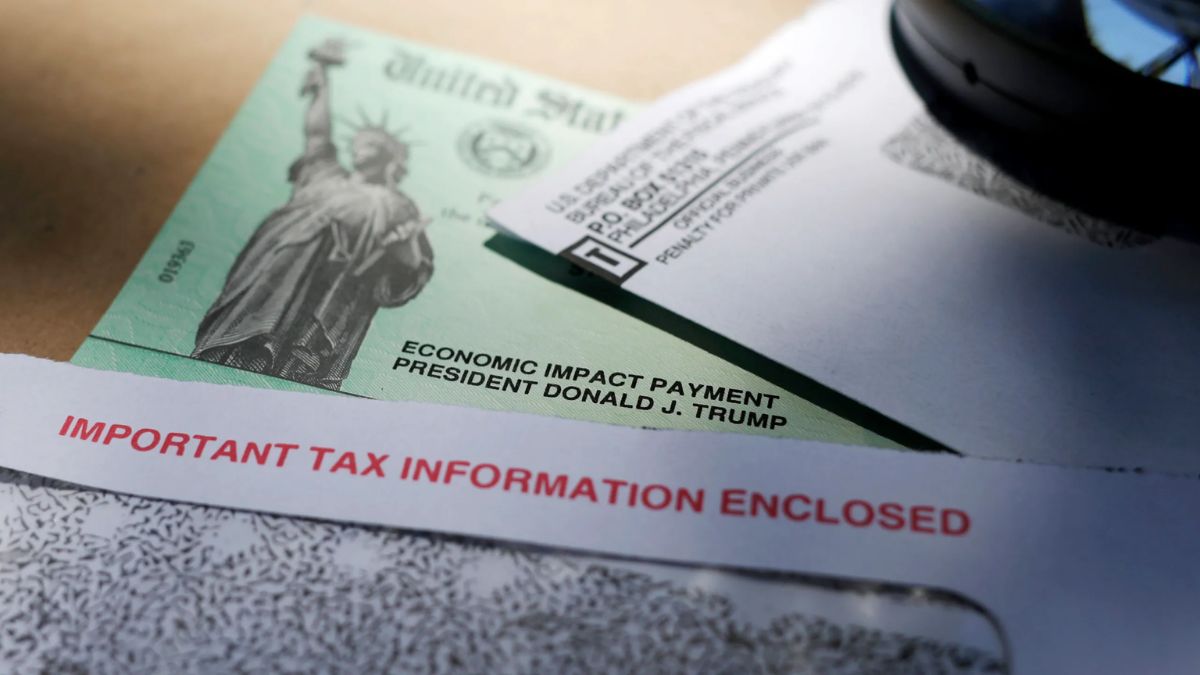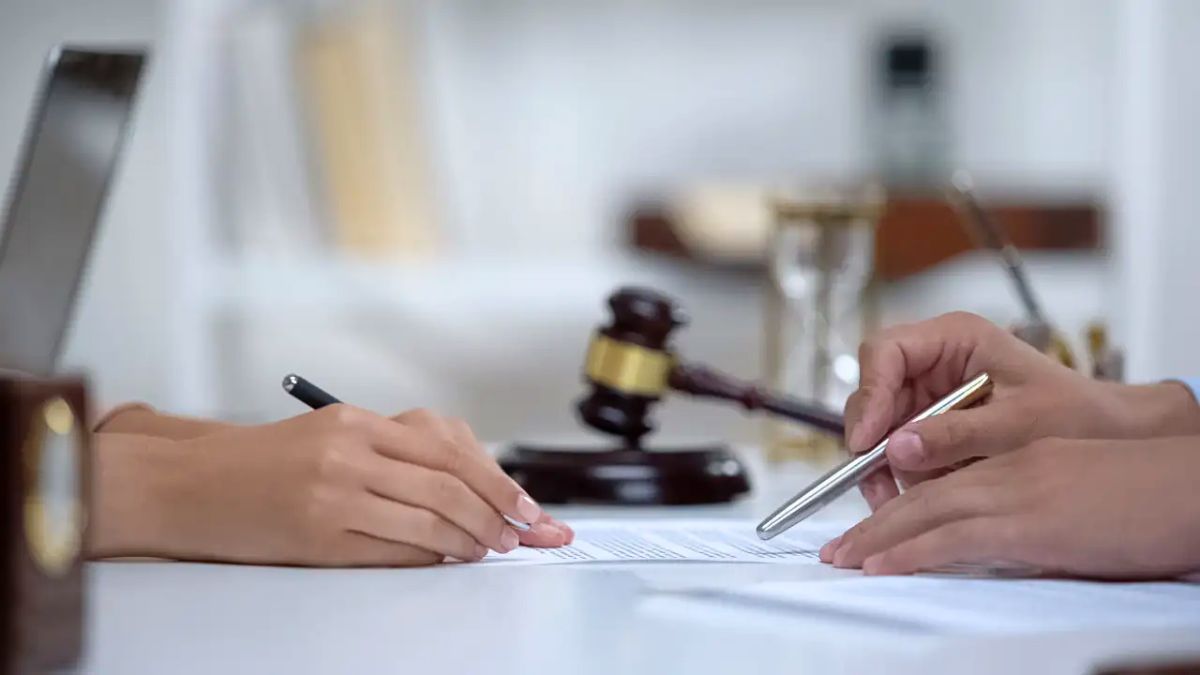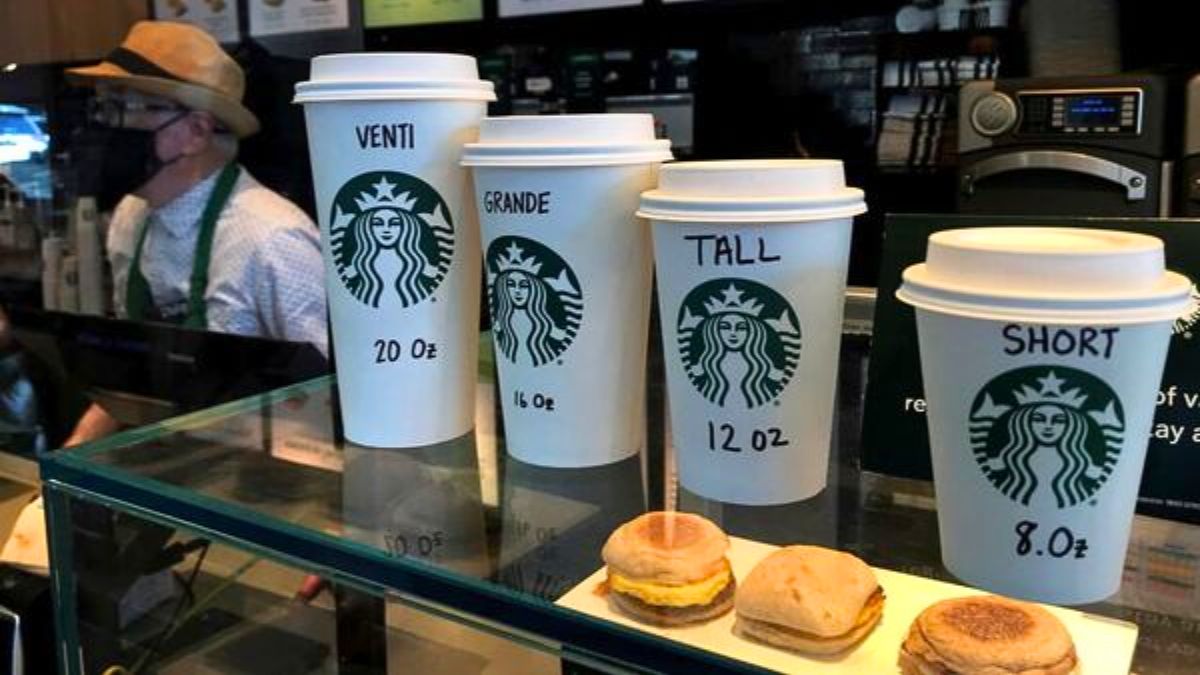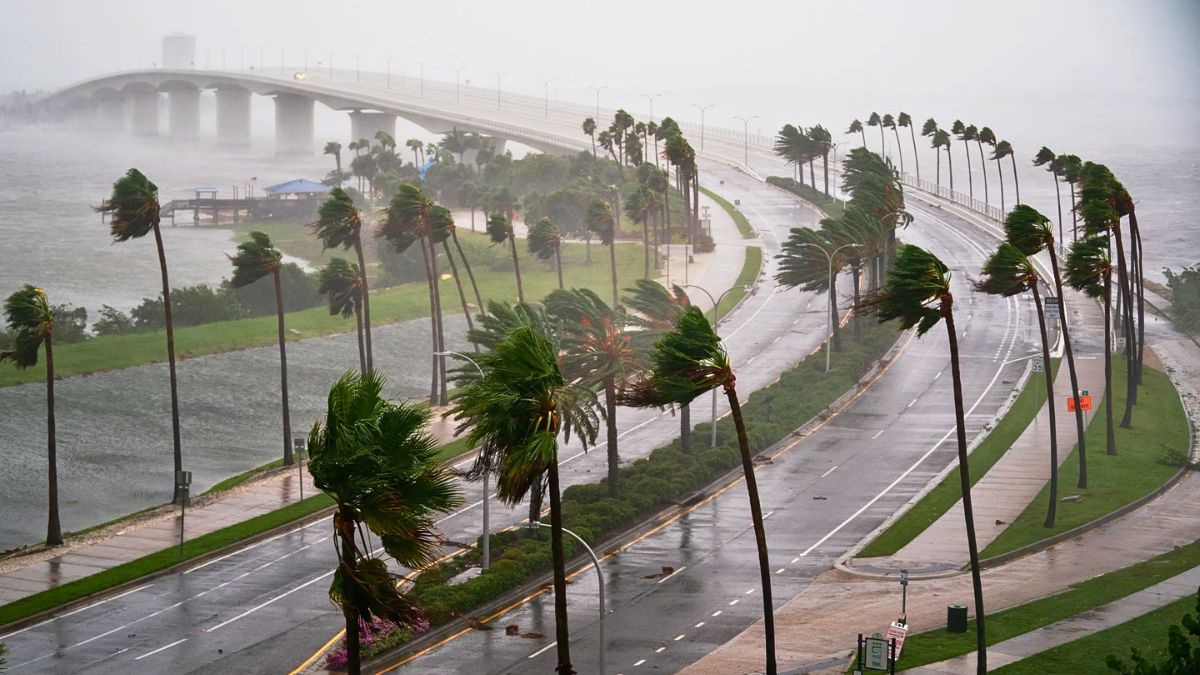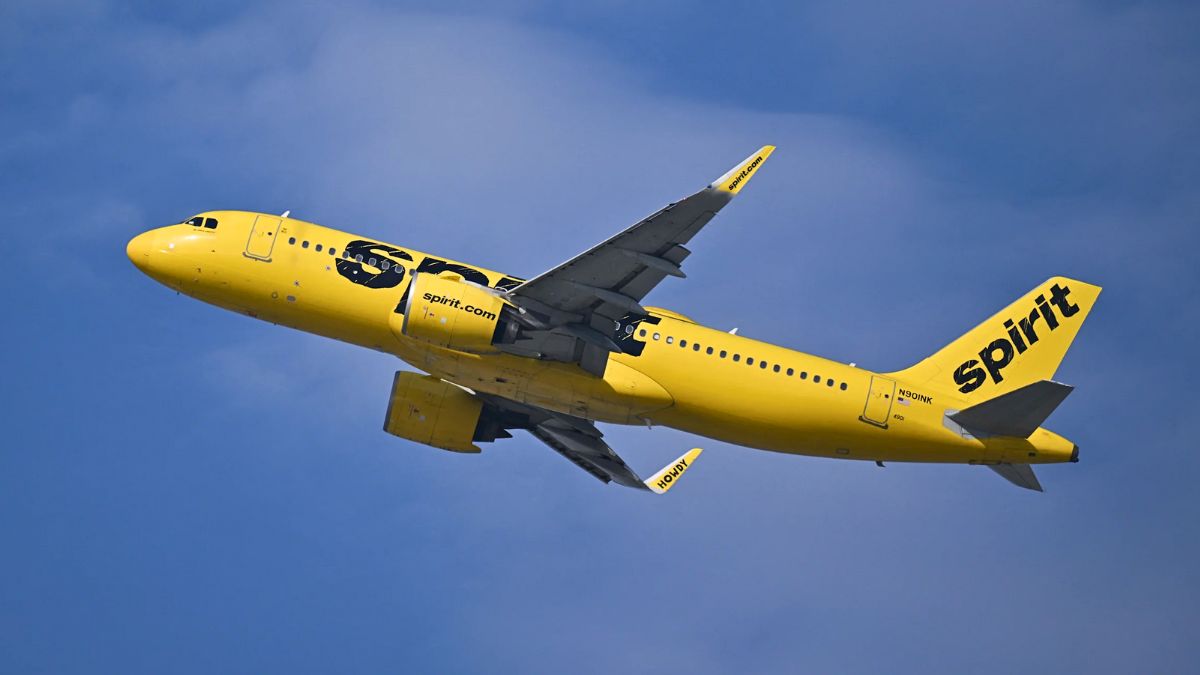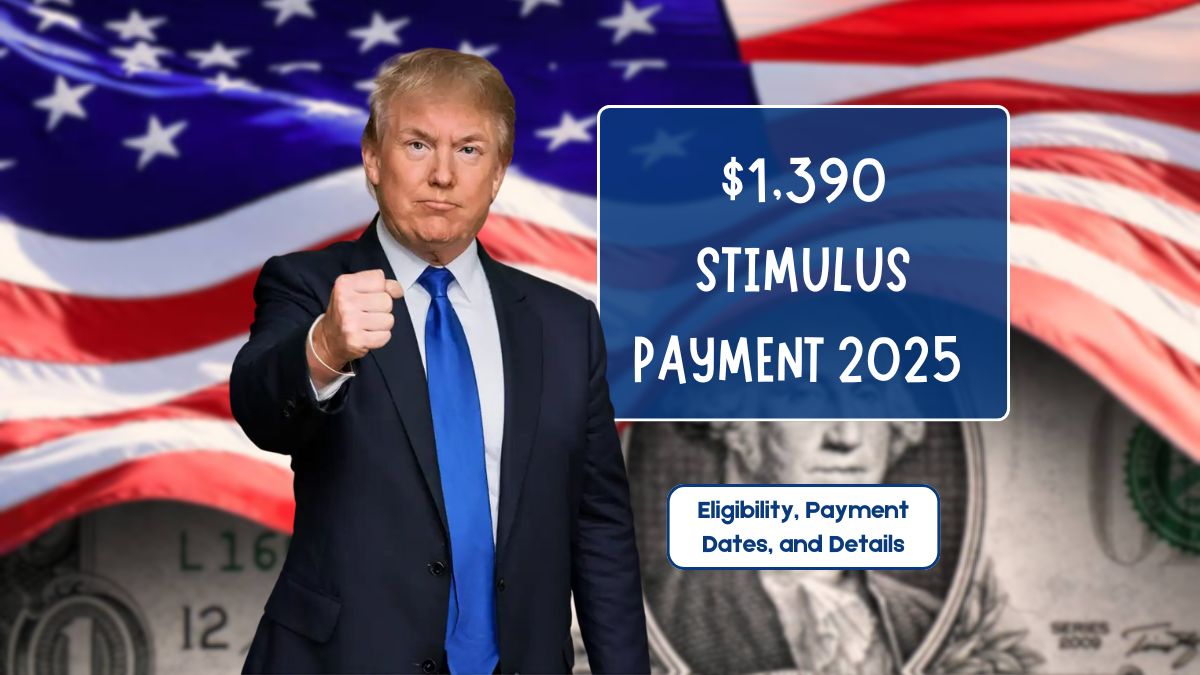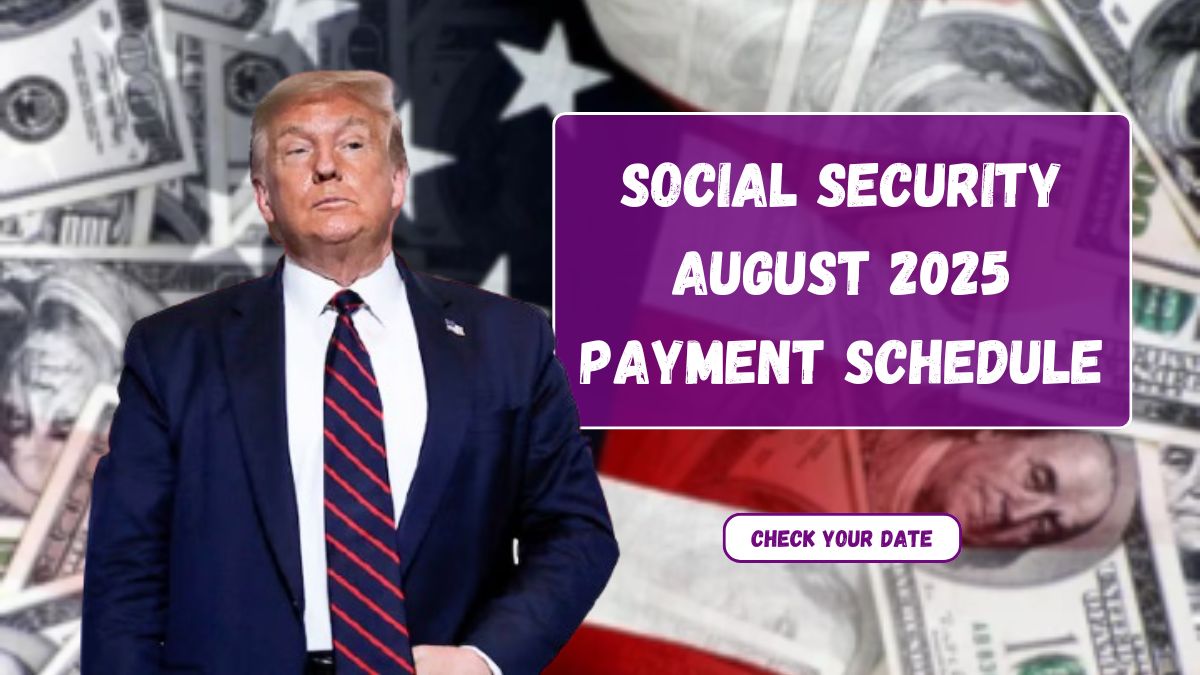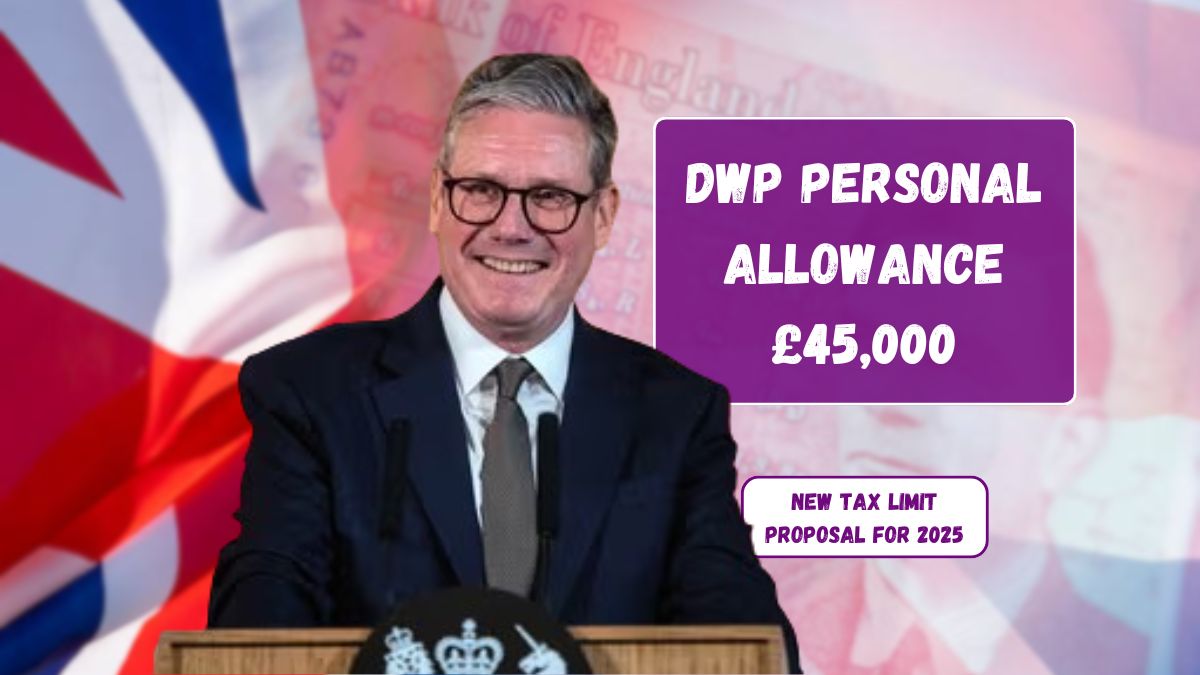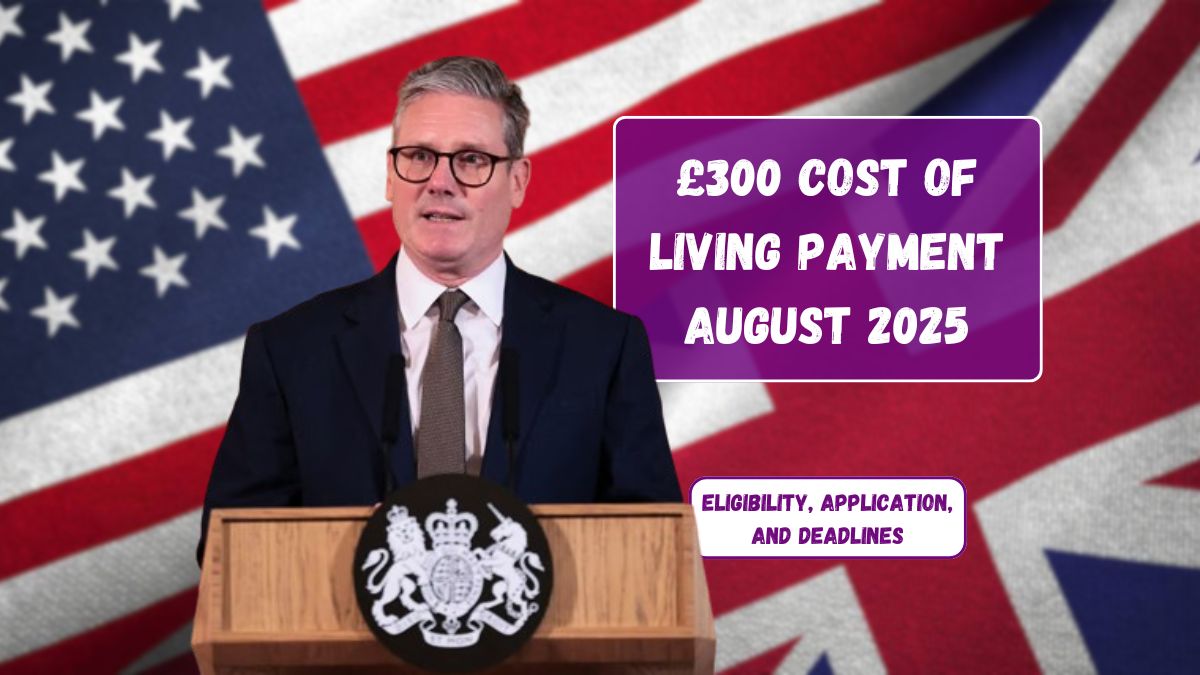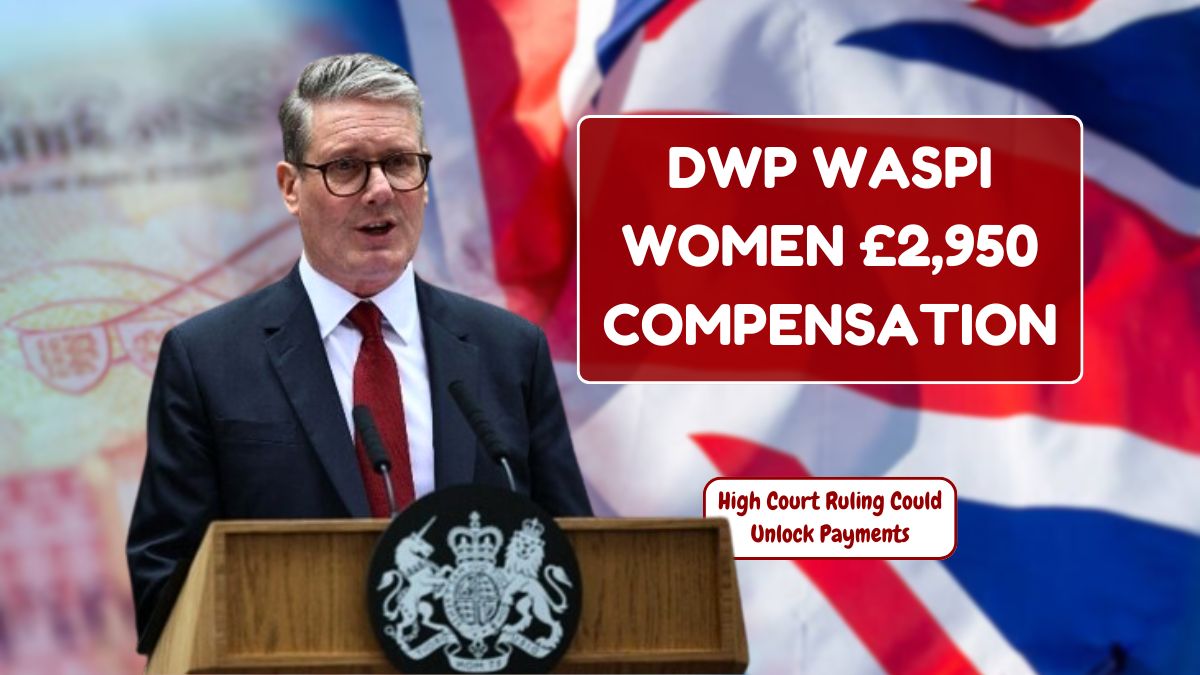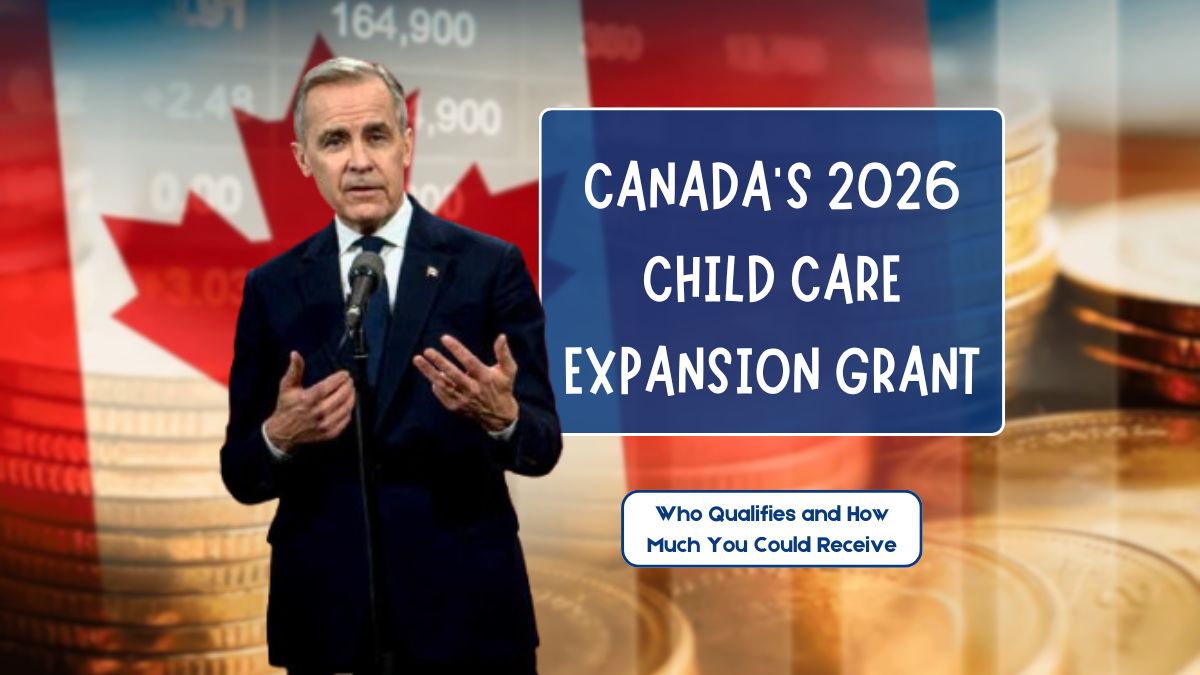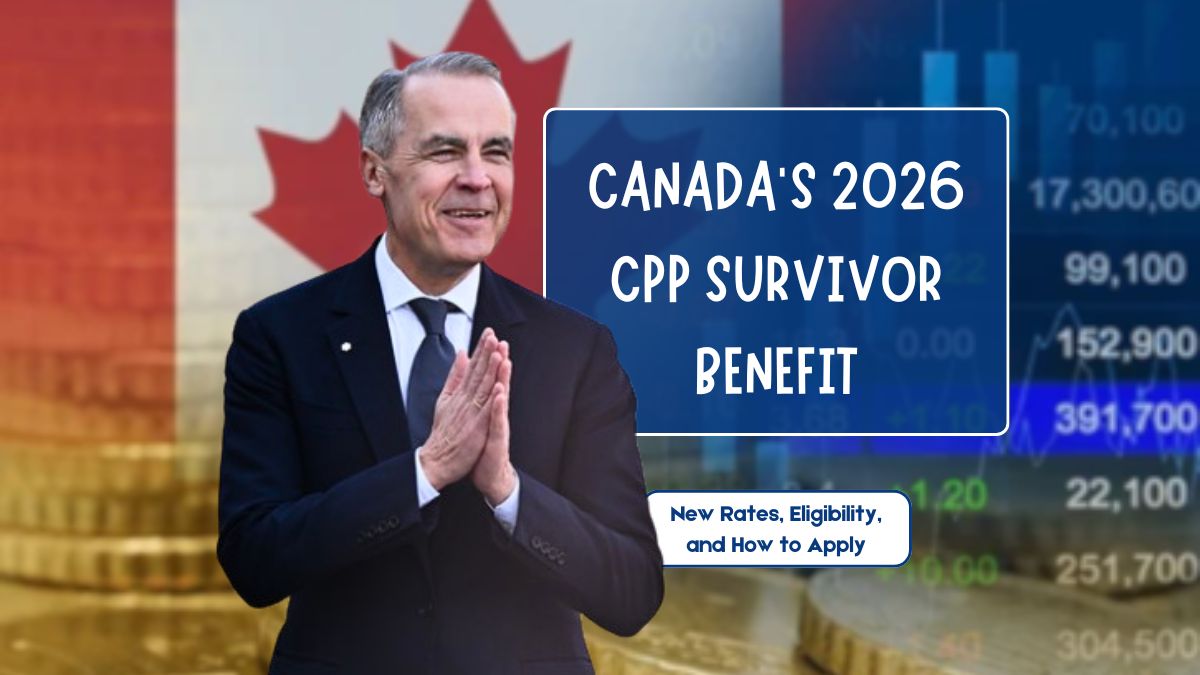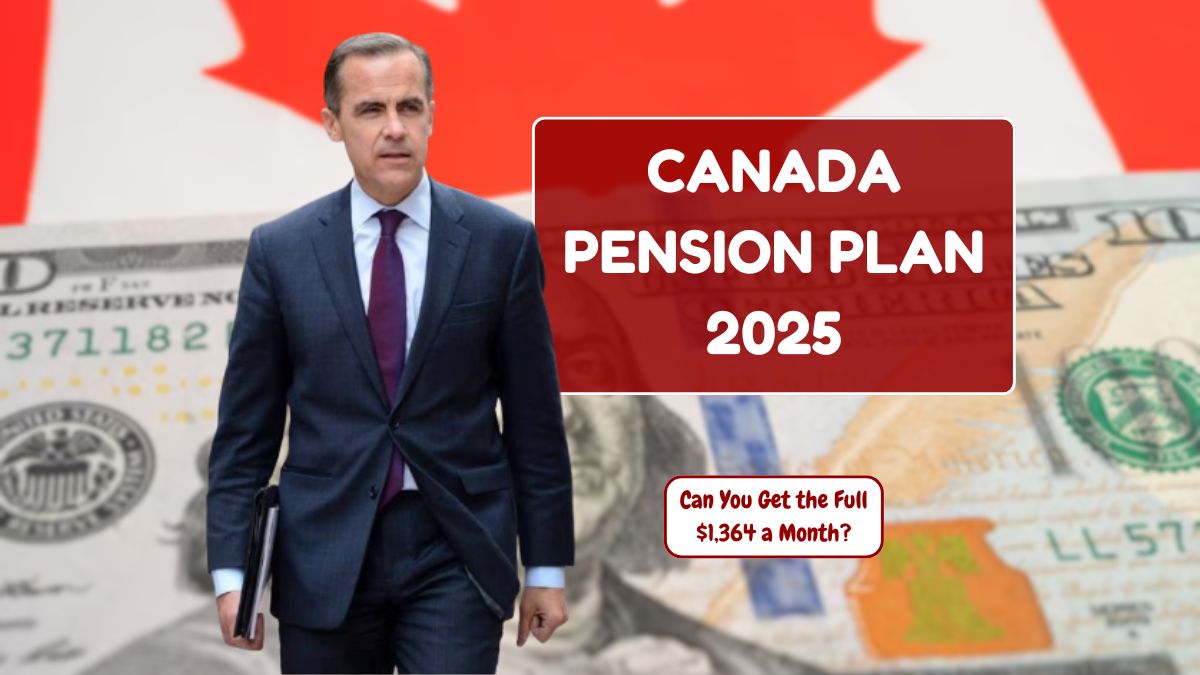Since 2017, the TSA has rolled out facial recognition tech across hundreds of U.S. airports, aiming to speed up identity checks and improve security. Now available in over 250 airports, the system scans passengers’ faces in seconds, matching them with their travel documents. Sounds efficient, right? But not everyone is on board. While the system is praised for its accuracy, many passengers are raising serious concerns about privacy and consent.
Accuracy
Let’s start with the numbers. A May 2025 report from the Privacy and Civil Liberties Oversight Board (PCLOB) revealed that TSA’s facial recognition tech has a very low error rate—less than 1%. That means it’s more accurate than many other ID methods, including fingerprints or physical document checks.
So technically, the system works well. The real issue is how it’s being used.
Criticism
Despite its success in identifying travelers correctly, the system is under fire for how it’s introduced to passengers. A July 2025 study by the Algorithmic Justice League found that only 1% of travelers were told they could opt out of facial scanning. That’s a huge red flag for transparency.
Passengers who tried to opt out reported uncomfortable experiences, including delays and even rude treatment from TSA staff. Some felt pressured into agreeing just to avoid problems.
Stories
Here are a couple of real-life examples:
- At Fort Lauderdale Airport, a traveler who declined scanning was told, “We already took your picture,” and reminded, “There are a thousand cameras here… even in your phone.”
- In Las Vegas, someone who chose not to be scanned had to wait more than 10 minutes while agents checked documents manually. They were told, “You should just allow the photo next time.”
These stories show how opting out, while technically allowed, isn’t always easy or respected.
Optout
So, can you actually say no? Yes, in theory. But in practice, it’s not always that simple.
Here’s what the data says:
| Concern | Percentage of Travelers Affected |
|---|---|
| Never saw opt-out signs | 50% |
| Not warned about facial scanning | 74% |
| Fear data may be misused | 60%+ |
| Felt pressured not to refuse | 20% |
The TSA claims that photos are deleted immediately unless used in test environments. Still, public trust remains low.
Congress
Lawmakers have started to take notice. Senator Jeff Merkley and others are backing a bill called the Traveler Privacy Protection Act, which would:
- Ban forced facial scanning at airports
- Require visible signs explaining your rights
- Allow use of regular IDs instead of a face scan
- Limit how data can be used or stored
Merkley even shared his own experience of trying to opt out, only to be told he had already been scanned. His main concern? That the TSA is quietly building a “library of faces.”
Industry
On the other hand, airlines and security tech companies are pushing back. Airlines for America, an industry group, says that removing facial recognition would slow things down and make flying more expensive. Without it, they argue, the TSA would have to hire a lot more agents.
Security vendors also claim that restricting this technology increases risks—from smuggling and identity fraud to human trafficking and terrorism.
Issue
So what’s the core problem here? It’s not the tech—it’s the way it’s being used. Many passengers aren’t being properly informed. They don’t feel like they’ve given real consent. And they’re not sure what happens to their personal data once it’s collected.
Facial recognition may make travel smoother and safer, but it raises some serious questions about privacy. For many, the fear isn’t about how the system works—but about how it’s being managed.
Would you be okay with your face being scanned every time you fly—without anyone asking first?
FAQs
Can I say no to facial scanning?
Yes, but many passengers say they aren’t clearly informed.
Is facial recognition at airports accurate?
Yes, it has less than 1% error according to a 2025 report.
Is my photo stored by the TSA?
TSA says photos aren’t stored except for testing purposes.
What is the Traveler Privacy Protection Act?
A proposed law to make facial scanning optional and transparent.
Why are people worried about this tech?
Lack of consent, poor signage, and fear of data misuse.

